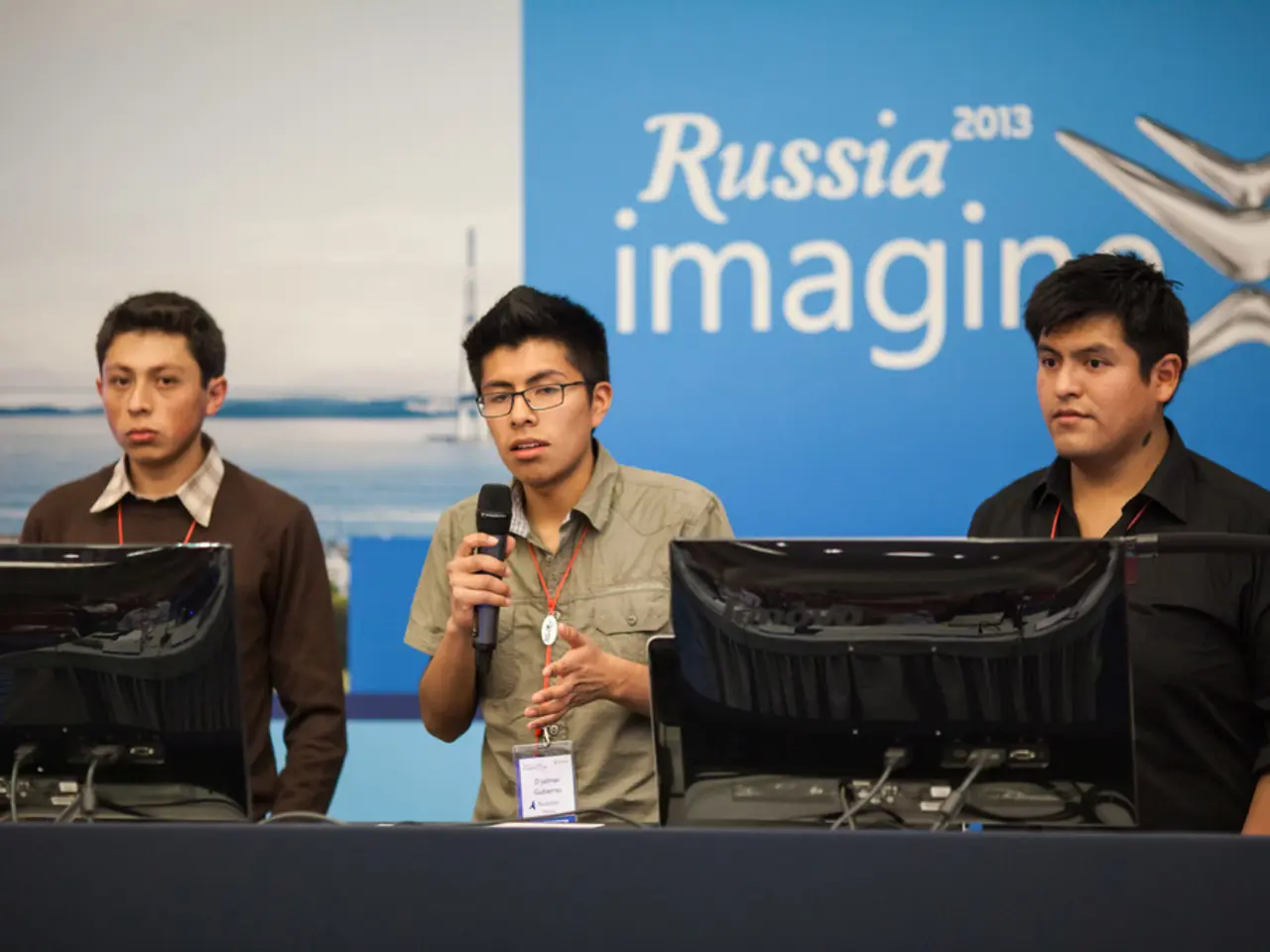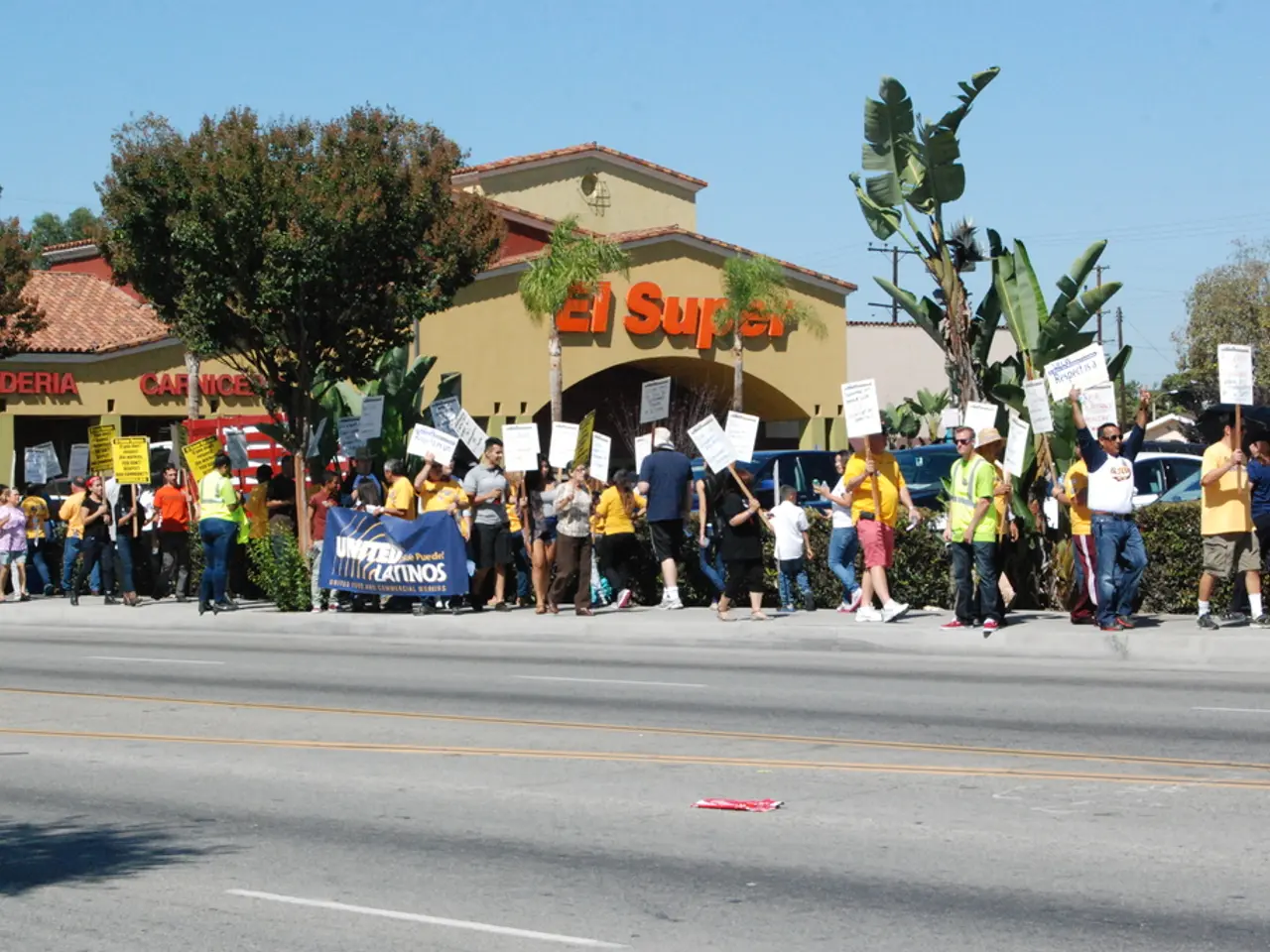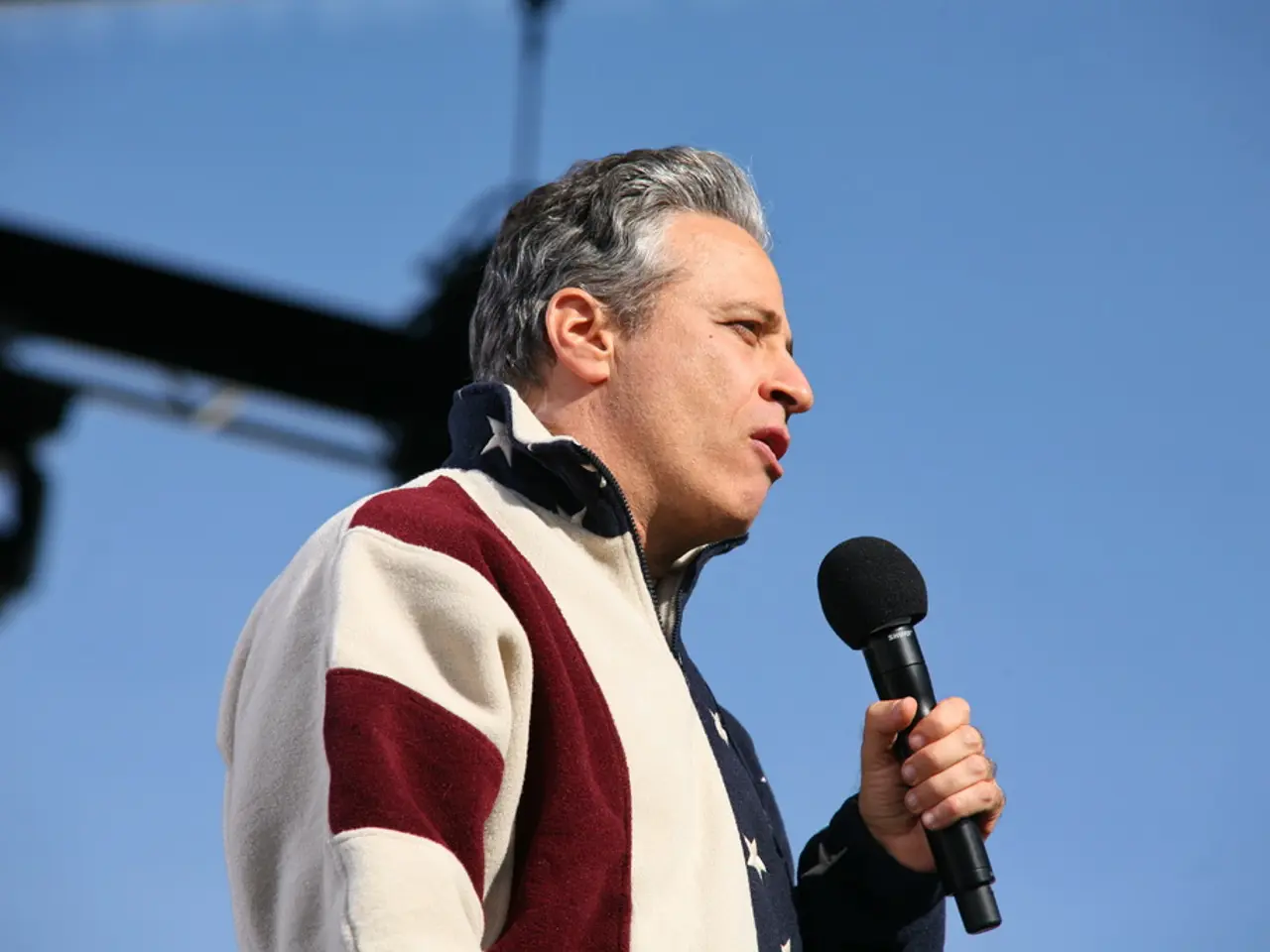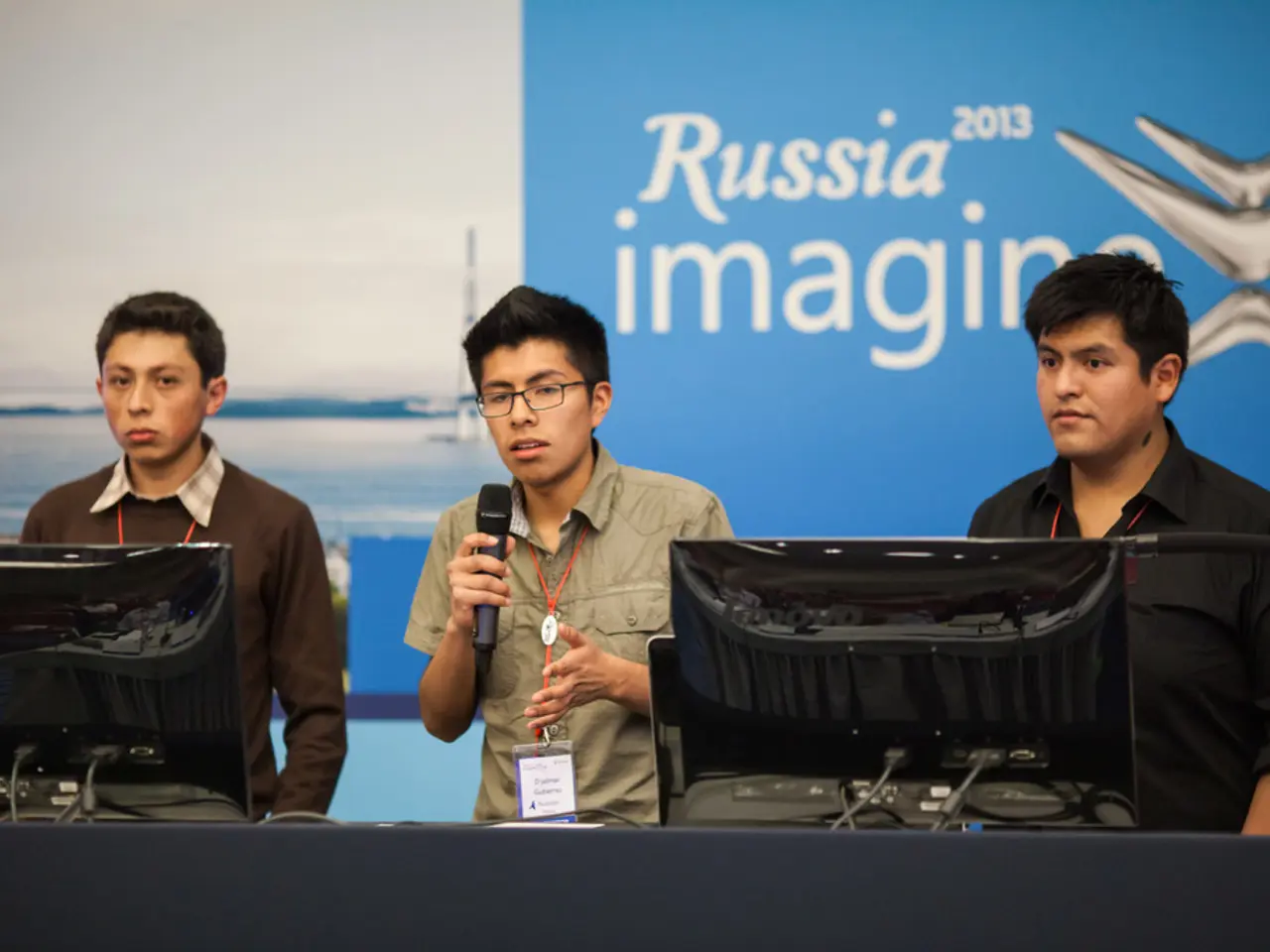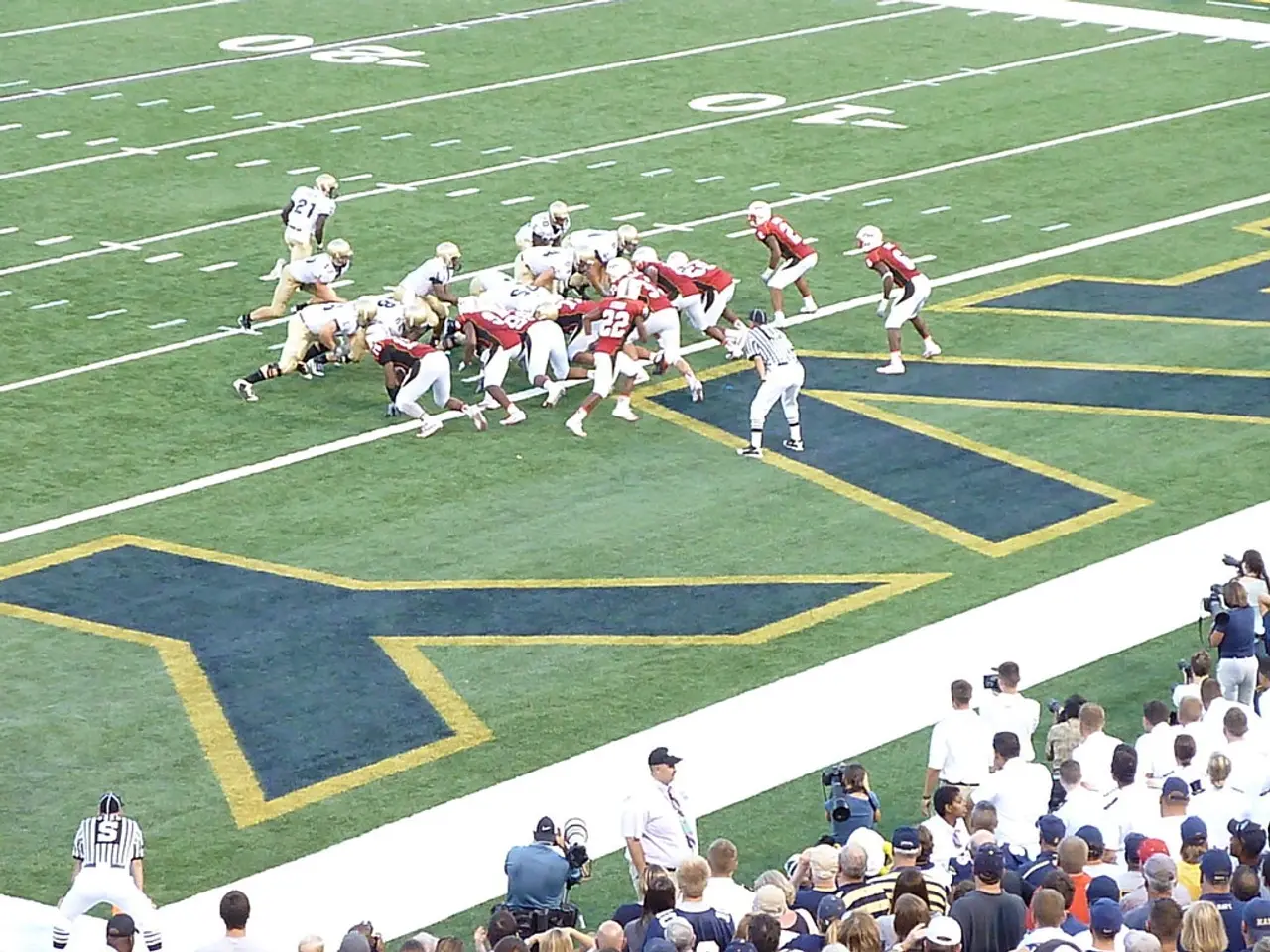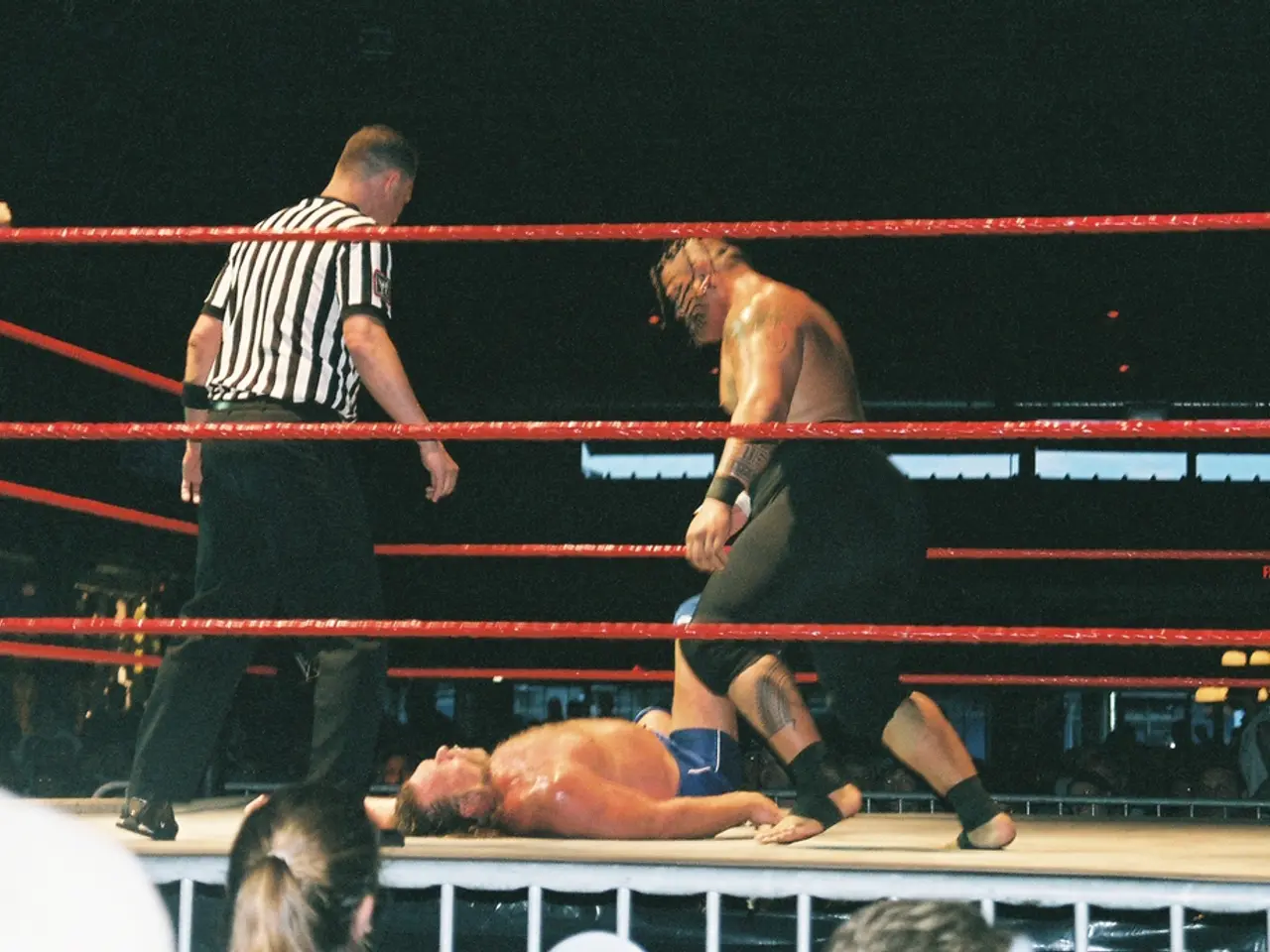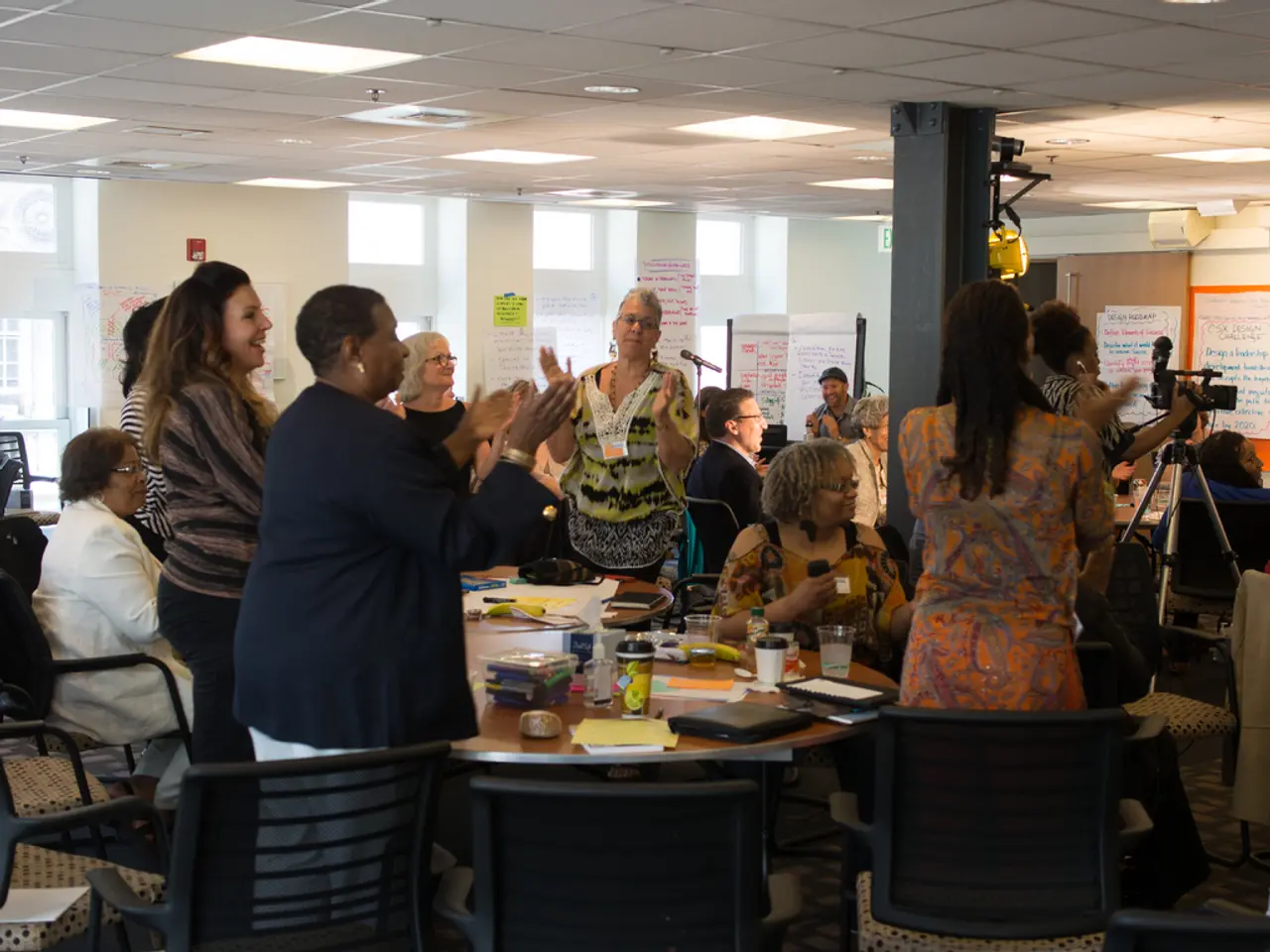Pressure urged by Kremlin for new round of negotiations with Ukraine (round three)
Russia and Ukraine have been engaged in a series of peace talks in Istanbul, the first since 2022, but progress remains elusive. The latest round of discussions, which took place on June 2, 2025, saw the exchange of draft memorandums on conflict resolution, yet a comprehensive ceasefire or peace deal remains unattainable.
The primary impediment to progress appears to be the stark opposition between the peace proposals from both nations. Russian President Vladimir Putin stated on June 27 that while Russia is prepared for talks and discussed Istanbul as a potential venue, the terms outlined in the peace proposals from both countries remain "absolutely opposite," highlighting a major sticking point.
Some humanitarian cooperation has occurred during the talks, including prisoner swaps and the return of fallen Ukrainian soldiers' bodies. However, Ukraine has pushed for a 30-day ceasefire, while Russia has only proposed very limited short-term truces for specific humanitarian purposes.
Further complicating the talks, Russian goals remain divergent and uncompromising. Analysts at the Institute for the Study of War (ISW) note that Putin insists on addressing the "root causes" of the war—namely, regime change in Ukraine, Ukrainian neutrality, and revisions to NATO policies—which Ukraine and its allies reject. This insistence suggests that Russia may not be engaging in negotiations in good faith and may use talks merely to extract concessions while continuing military operations.
Dmitry Peskov, speaking on behalf of Moscow, stated on July 15 that Moscow needs time to analyze the statements made in Washington. He also perceived the decisions taken by the US and NATO countries "not as a signal for peace, but as a signal to continue the war."
The uncertainty surrounding the talks is further compounded by the lack of concrete plans for the third round of formal bilateral negotiations in Istanbul. No plans have been set, and the timing remains uncertain, according to recent Kremlin officials.
In summary, the lack of progress primarily stems from sharply opposing terms, Russia's continued military and strategic goals, and unresolved political conditions set by Moscow that Kyiv and its international partners reject. The prospects for a peaceful resolution remain uncertain, with no substantial breakthrough having emerged from recent talks.
- The stark opposition between the peace proposals from Russia and Ukraine, as highlighted by Russian President Vladimir Putin, continues to be a major hindrance in the peace talks, with Putin insisting on addressing conflicting issues such as regime change in Ukraine, Ukrainian neutrality, and revisions to NATO policies, which Ukraine and its allies categorically reject.
- Amidst the lack of progress in the peace talks, Russia's focus on ongoing military operations and uncompromising strategic goals, combined with the absence of concrete plans for the third round of formal bilateral negotiations in Istanbul, further clouds the prospects for a peaceful resolution, with no substantial breakthrough having emerged from recent talks.
